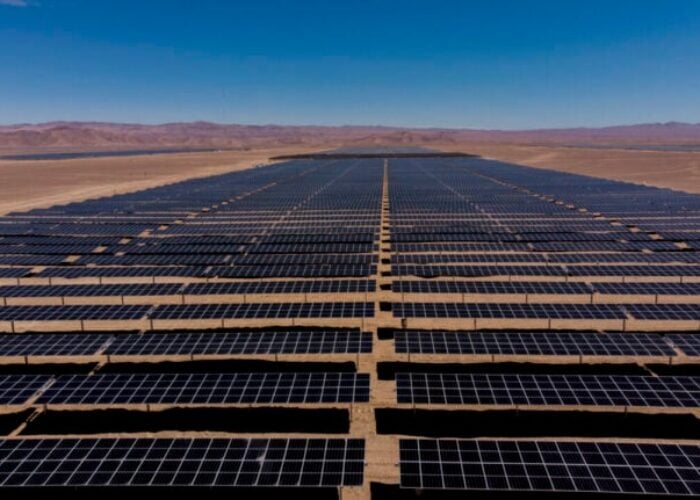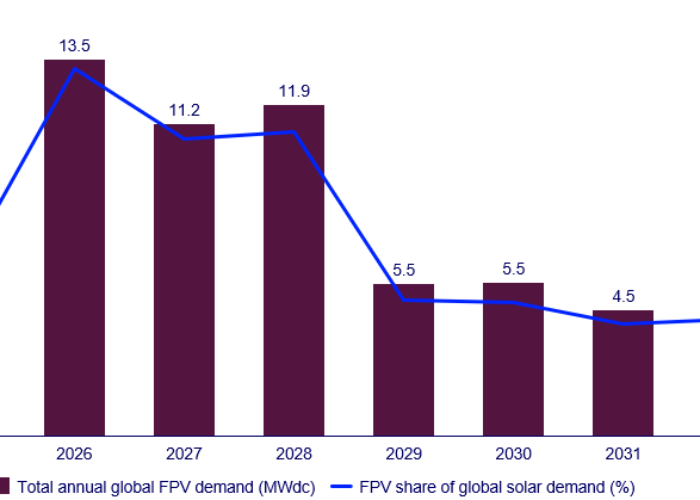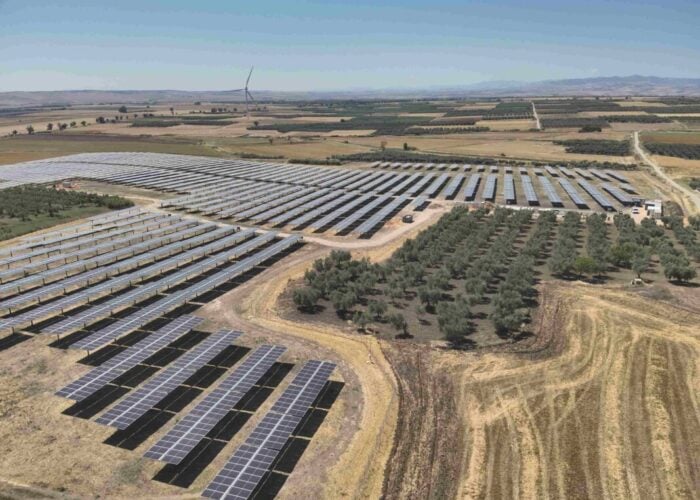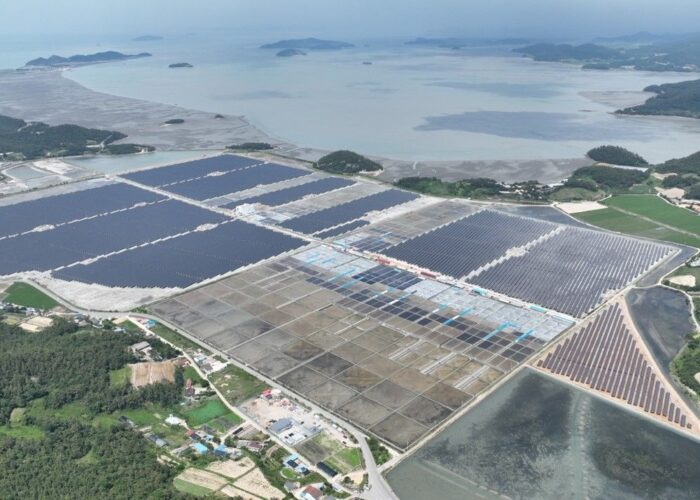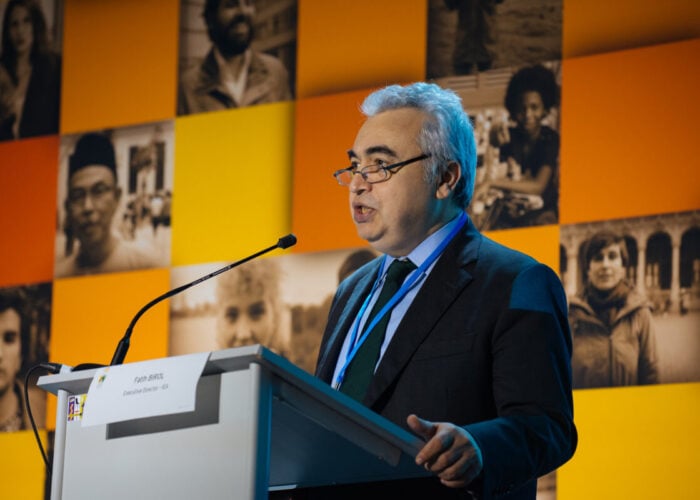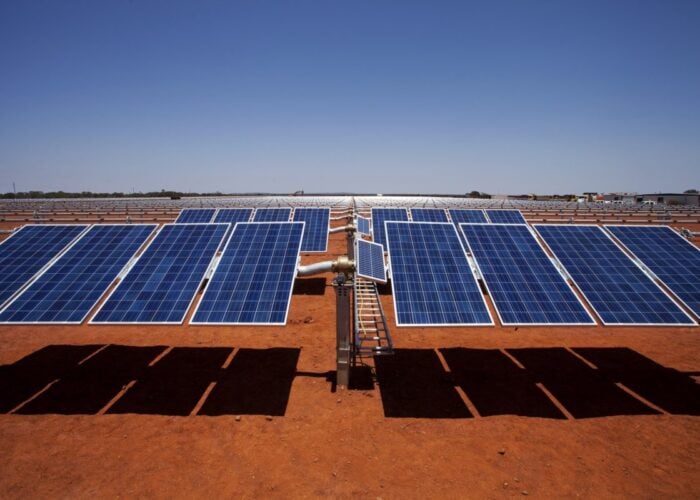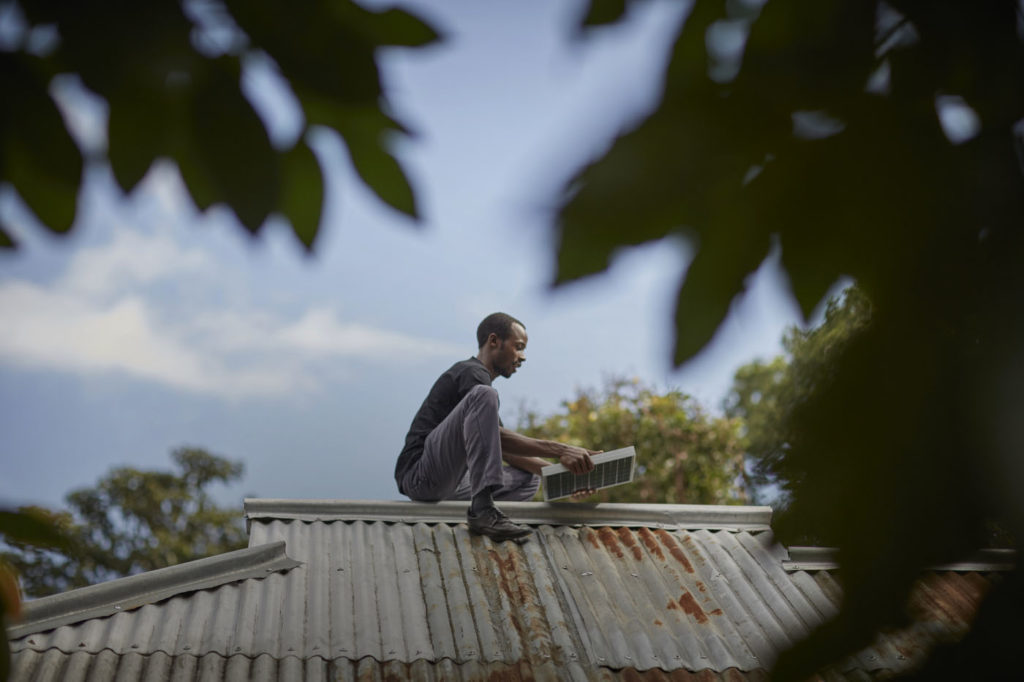
There has been a noticeable paradigm shift in the way the world is thinking about climate change, despite progress still being too slow. Catalysed by routine climate catastrophes, cheap renewable power, grass roots pressure and global events like COP26, governments and business the world over are getting more serious about the transition to net zero.
But that activity is mainly concentrated in specific regions – rich developed Western economies, emerging superpowers like India and China and a number of other countries which are in a good position to transition.
Unlock unlimited access for 12 whole months of distinctive global analysis
Photovoltaics International is now included.
- Regular insight and analysis of the industry’s biggest developments
- In-depth interviews with the industry’s leading figures
- Unlimited digital access to the PV Tech Power journal catalogue
- Unlimited digital access to the Photovoltaics International journal catalogue
- Access to more than 1,000 technical papers
- Discounts on Solar Media’s portfolio of events, in-person and virtual
In regions such as Sub-Saharan Africa, however, progress is slower. Just to electrify the region would cost US$350 billion of investment, but current levels are nowhere near this. Not only that, crumbling and misplaced infrastructure and cash-strapped utilities are struggling to accommodate the switch to renewables despite strong underlying demand and cheap renewable power.
Part of the problem is neo-colonial practices in the energy industry. It’s “no secret that the energy sector works in a neo-colonial way”, with profits and resources extracted from poorer regions such as Sub-Saharan Africa routinely brought back to the west, according to Ben Attia, principal analyst with Wood Mackenzie’s Energy Transition Practice.
PV Tech Premium sat down with Attia to discuss the situation and what was holding the continent back from greater energy independence.
Renewables following the same path as oil and gas?
Many renewable projects planned in Africa are export orientated, with the power generated intended for consumption in other, richer countries, meaning local states still rely heavily on fossil fuels and profits are taken out of the country. And this is not new for the region, says Attia.
“Obviously, slavery and colonialism are part of the continent’s relationship with the Western world,” he says. “In the oil and gas space, there has been a pattern of exploitative projects that have been built and are export oriented.”
Nnimmo Bassey, director of the Health of Mother Earth Foundation in Nigeria, agrees. “Decades of oil and gas extraction on the continent has fed foreign markets and only muddied the water, built violence, and left the people in the cold and in the dark,” he says.
“And this has been true to some extent in the renewable space,” says Attia, “with a bias towards export oriented projects that want to take the resources, whether it’s oil and gas or sunshine or wind, and export it for consumption outside of the continent.”
Attia gives the example of the proposed Desertec and X-links projects, “which are not necessarily inherently immoral”, but focused on an export orientated business model that would ship power produced in Africa for European consumption in the continuation of a system that Attia argues was inaugurated under colonialism.
Moreover, there has been a massive underinvestment in the region’s electricity infrastructure, with systems often deigned to facilitate extraction and exports, rather than consumption by the local population.
Most of Africa’s public electric utilities are loss-making, with limited ability to maintain existing assets or invest in new ones. Cash-strapped utilities are likely to see revenues fall without equivalent reductions in cost, resulting in more difficulties maintaining and expanding their networks, according to WoodMac’s 1.5 degrees Celsius ‘Accelerated Energy Transition scenario’ (AET-1.5) report.
As a result, Attia believes a different system of power production and consumption may come to dominate the region, one which relies increasingly on a decentralised, bottom-up, solar-and-storage heavy grid.
“Decentralised, bottom-up, solar-and-storage grids could not only transform sub-Saharan Africa’s energy future but carry important lessons for the next generation of thinking on utility business models globally,” he says.
‘Do as we say, not as we did’
Linked to this issue is whether African nations should continue to exploit their fossil fuel reserves as they edge towards the transition. Attia notes how Africans have cumulatively contributed less than 3.5% of total global emissions and how even dramatic increases in fossil fuel derived electricity consumption on the continent “would be a rounding error” in relation to the rest of the world’s annual emissions.
“There’s a balance between energy for development and economic growth and being part of the solution to a problem that you didn’t create,” says Attia, noting the controversary around Western nations telling African countries not exploit the very fuels that helped them become rich in the first place.
Indeed, earlier this month, Mary Robinson, former Irish president and UN commissioner for human rights and UN climate envoy, caused a stink when she backed the expansion of gas exploration in Africa, suggesting reserves should be used by the 600 million people who do not have access to power rather than exported for profit.
Meanwhile, population growth, rapid urbanisation and structural economic transformation will see the region’s electricity demand grow nearly eight-fold by 2050, when many of the world’s biggest cities will be located in Sub-Saharan Africa.
And population growth is already outstripping access to clean power. Sub-Saharan Africa’s share of the global population without electricity jumped to 77% in 2020 from 71% in 2018, while most other regions saw declines in their share of the access deficits, according to IRENA.
Covid has made the situation even worse, with access falling and funding drying up due to riskier investments and longer project timelines. Attia explains how the average life cycle of renewable project in Europe is 18-24 months, with this rising to 48-60 months in Sub-Saharan Africa.
“International public financing for renewable energy needs to accelerate, especially in the poorest, most vulnerable countries. We have failed to support those most in need,” according to Francesco La Camera, IRENA’s director-general.
While he says a lot more needs to be done in terms of financing – rich countries had promised US$100 billion a year by 2020, which hasn’t happened – Attia believes there are strong demand and supply fundamentals in the region, which, if unlocked, could see a massive increase in renewable deployment.
Editor’s View
By Sean Rai-Roche
While the development of renewable energy projects in Sub-Saharan Africa does present greater challenges than in more developed areas, the demand for clean energy is there and the region’s climatic conditions are favourable.
But these projects must increasingly be built for use by people in those regions and by local energy companies who pay taxes there, rather than plundering the continent’s natural resources for the benefit of richer nations, a story which has played out for centuries now. African countries need as much ownership of their resources as possible, whether than be solar PV or otherwise.
Commentators in the West and elsewhere should also be wary of telling African nations not to exploit their natural resources, as the West did for centuries, in the short-term. That said, it is already rich countries who benefit from Africa’s resources and a continued focus on fossil fuels would lock the continent into long-term dependence on both the dirty fuel and the West.
Globally, 733 million people still lack access to electricity and 2.4 billion people are still cooking using fuels damaging to their health and the environment. All of these people need access to clean power if we are to think serious about a just transition to net zero and richer nations have their part to play in supporting this. There needs to be a new system of renewables development in Africa, based on local context and needs, and not a return the colonial practices of the past.

